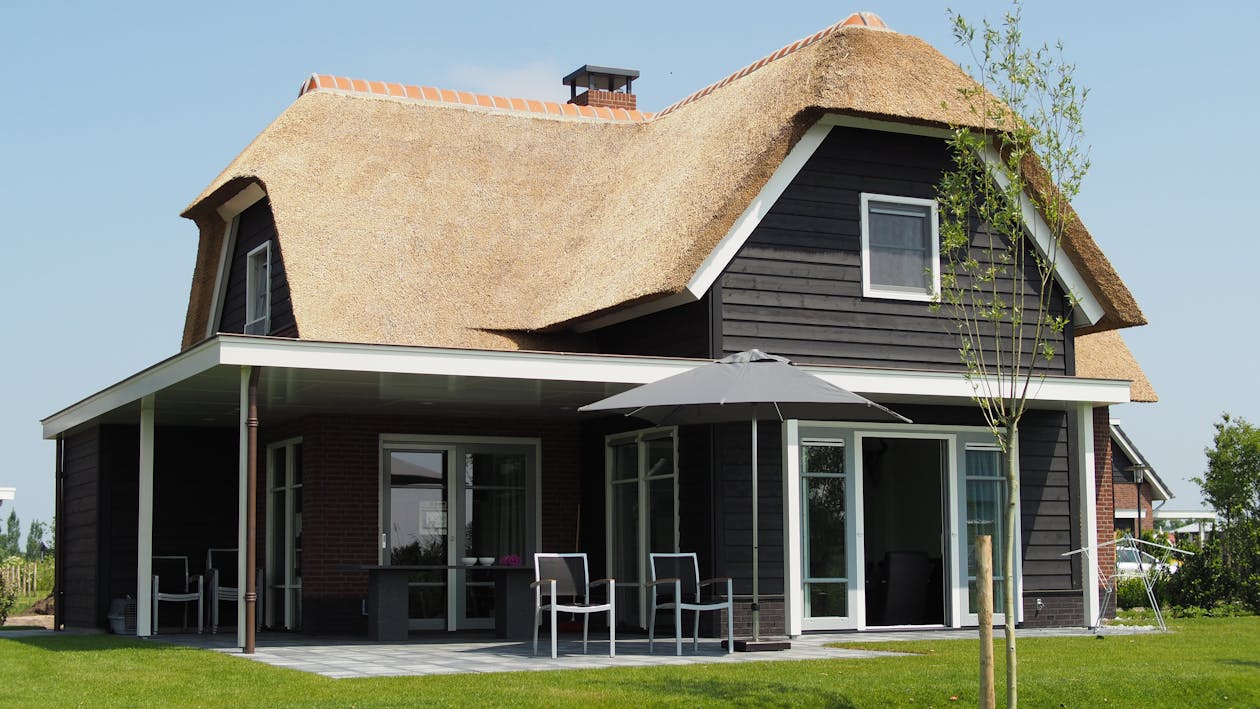Understanding Zoning Laws and Their Impact on Housing Development
Types of Zoning and Their Relevance to Sustainability
There are several types of zoning that can affect sustainable housing. Residential zoning is the most common for housing projects, but other zones may also be relevant. Mixed-use zoning, for example, allows for a combination of residential and commercial development. This can reduce the need for long commutes and support walkable, sustainable communities.
Another important zoning type is environmental or conservation zoning. These areas are set aside to protect natural resources, such as wetlands or forests. Sustainable housing projects near these zones must meet strict environmental guidelines to minimize their impact.
Impact on Sustainability
Zoning laws can either support or limit sustainable housing. For example, some zoning rules limit the height of buildings or restrict how much land can be developed. These restrictions can prevent developers from creating high-density, energy-efficient housing. On the other hand, zoning laws can also promote sustainability by allowing for green spaces, solar access, or the use of renewable energy.
In some cities, zoning laws are being updated to encourage more sustainable development. For instance, cities might create special zones for eco-friendly buildings or offer incentives for developers to include green features in their projects. These changes can make it easier to build sustainable housing and meet the growing demand for eco-friendly communities.
Government Regulations Supporting Sustainable Housing
Green Building Standards
Government regulations often include specific standards that promote sustainable housing. One example is the Leadership in Energy and Environmental Design (LEED) certification, which sets benchmarks for green buildings. LEED-certified buildings must meet certain criteria, such as energy efficiency, water conservation, and the use of sustainable materials. By enforcing these standards, governments encourage developers to incorporate eco-friendly practices into their housing projects.
In addition to LEED, many local governments have created their own building codes focused on sustainability. These codes may require new buildings to include energy-efficient windows, insulation, and heating systems. They can also mandate the use of recycled or renewable materials, further reducing the environmental impact of housing developments.
Financial Incentives for Sustainability
Governments often provide financial incentives to encourage developers to create sustainable housing. These incentives can come in the form of grants, tax breaks, or low-interest loans. For example, a government might offer tax credits to developers who include solar panels, energy-efficient appliances, or green roofs in their designs. Grants are also available to fund specific eco-friendly features like rainwater collection systems or electric vehicle charging stations.
These financial incentives help offset the higher upfront costs of sustainable building materials and technologies. As a result, developers are more likely to incorporate green elements into their projects. Over time, these incentives not only support individual sustainable housing projects but also help create a market for eco-friendly construction practices.
Energy and Resource Efficiency Regulations
Governments play a key role in ensuring that new housing projects are energy-efficient and resource-conscious. Many cities and states have passed laws that set limits on the amount of energy a building can consume. These regulations require developers to incorporate energy-saving technologies, such as LED lighting, high-efficiency HVAC systems, and low-flow water fixtures.
In addition to energy efficiency, regulations often address water conservation. In areas facing water shortages, governments may impose restrictions on water usage in housing developments. This can include rules about landscaping, requiring developers to use drought-resistant plants, or systems that recycle greywater for irrigation.
Sustainable housing projects must comply with these regulations to reduce their overall environmental footprint. By doing so, they not only meet legal requirements but also appeal to eco-conscious buyers and renters who prioritize green living.
Challenges and Barriers
Outdated Zoning Laws
Many zoning laws are old and don’t account for modern sustainability needs. These laws can create obstacles for developers who want to build eco-friendly homes. For example, some areas have strict rules about building height or density. This limits the number of homes that can be built on a piece of land. Sustainable housing often requires higher density to reduce land use and support energy-efficient designs. When zoning laws are not updated, they can prevent developers from using space efficiently.
In some cases, cities are slow to change zoning regulations. This delays the growth of sustainable communities. Developers may struggle to get approval for innovative projects if they don’t fit into existing zoning categories.
Regulatory Hurdles
Government regulations, while necessary, can sometimes slow down the development process. Sustainable housing projects often face lengthy approval times due to strict environmental assessments. These assessments are meant to protect natural resources, but they can add months or even years to a project’s timeline. Developers may also need to navigate a complex web of local, state, and federal regulations, each with different requirements.
Conflicting regulations are another challenge. For example, a city may require energy-efficient systems, but state-level rules might not support the same technology. This creates confusion for developers and can lead to delays or extra costs.
Community Resistance
Even when zoning laws and regulations support sustainable housing, community opposition can be a major barrier. Some residents resist new development in their neighborhoods, especially if it involves higher-density housing or changes to the landscape. This phenomenon, often called “Not In My Backyard” (NIMBY), can stall or stop sustainable projects.
Communities may fear that new housing will bring more traffic, change the area’s character, or lower property values. To overcome this resistance, developers must engage with local communities early in the process. Open communication and education about the benefits of sustainable housing can help ease concerns and build support.
